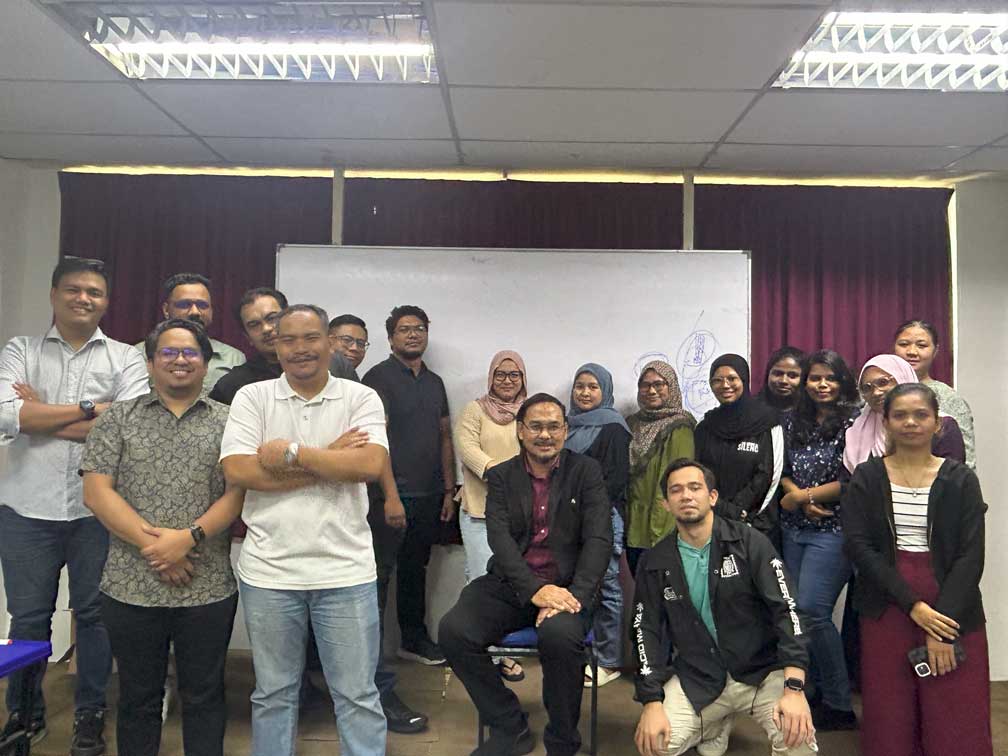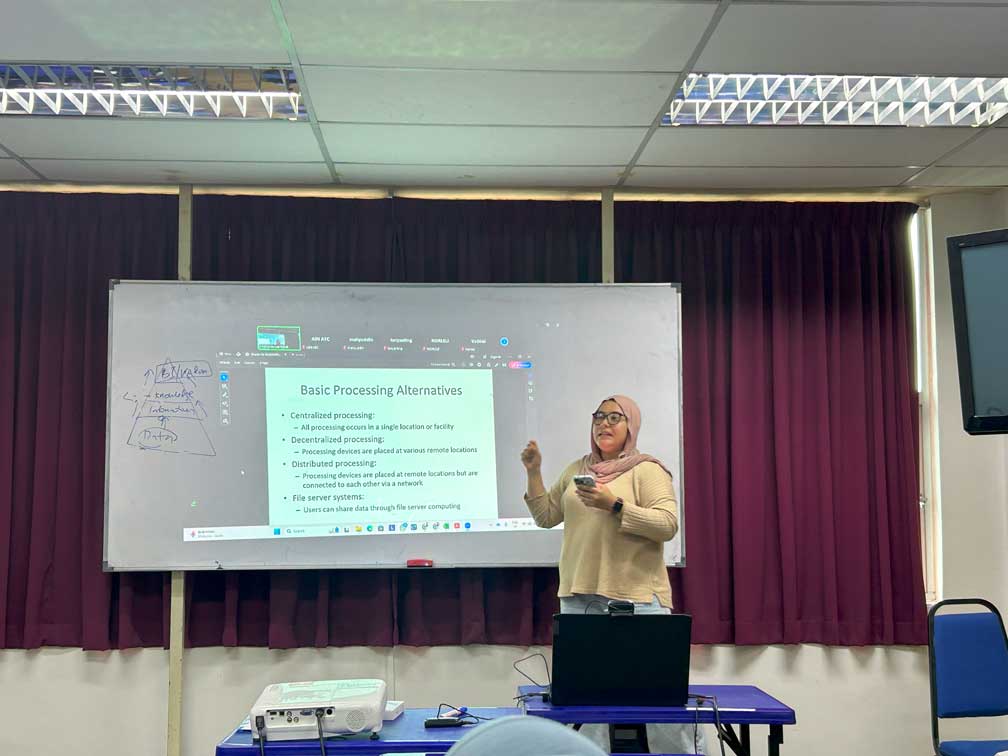Subtotal $0.00

In today’s rapidly evolving business environment, Management Information Systems (MIS) play a crucial role in helping organizations make informed decisions and streamline their operations. For undergraduate students studying business, IT, or management, understanding MIS is essential for both academic success and future career opportunities
A Management Information System (MIS) is a comprehensive, integrated system designed to provide timely and accurate information to support managerial decision-making. MIS encompasses the use of technology, people, and processes to collect, process, store, and disseminate information that is critical for organizational effectiveness

People: This includes the users of the system, such as managers, IT professionals, and end-users. Their roles involve interacting with the system to input data, generate reports, and make decisions based on the information provided.
Technology: MIS relies on various technologies, including hardware (servers, computers), software (database management systems, analytics tools), and networks (internet, intranet) to function efficiently.
Processes: These are the procedures and workflows that manage the collection, processing, and dissemination of information. Effective processes ensure that data is accurate, timely, and relevant.
Data: The core of any MIS is the data it processes. Data can be sourced from internal systems (sales data, employee records) or external sources (market research, customer feedback). This data is transformed into meaningful information through analysis and reporting tools
“Acquire knowledge and teach it to the people. Learn dignity and tranquility, and live with it.”
Iman Ghazali
Informed Decision-Making: MIS provides managers with accurate and timely information, enabling them to make well-informed decisions. For instance, sales data can help managers identify trends and make strategic decisions regarding product promotions.
Efficiency and Productivity: By automating routine tasks and streamlining processes, MIS enhances operational efficiency. For example, automated inventory systems reduce manual tracking and help in maintaining optimal stock levels.
Strategic Planning: MIS supports long-term planning by providing insights into market trends, financial performance, and operational metrics. This helps organizations set realistic goals and develop effective strategies.
Competitive Advantage: Organizations with robust MIS can quickly adapt to changes in the market and respond to customer needs more effectively. This agility provides a competitive edge in the business landscape.
Data Security and Compliance: Modern MIS incorporates security measures to protect sensitive information and ensure compliance with regulations. This is crucial for maintaining trust and safeguarding organizational data.
For undergraduate students, grasping the concepts of MIS is not just about understanding theoretical aspects but also about applying this knowledge practically. Here are some ways to engage with MIS:
Case Studies: Analyze real-world case studies to see how different organizations implement MIS and the impact it has on their operations and decision-making.
Hands-On Projects: Engage in practical projects involving database management, system design, or data analysis to gain hands-on experience with MIS tools and technologies.
Internships: Seek internships or part-time roles in companies that use MIS. Practical experience will provide insights into how these systems function in a professional setting.
Research and Development: Stay updated with the latest trends in MIS and explore emerging technologies such as artificial intelligence and big data analytics, which are transforming the field.


Management Information Systems are integral to the success of modern organizations. For students, understanding MIS provides a solid foundation for a career in business, IT, or management. Embracing the principles of MIS will not only enhance your academic performance but also equip you with valuable skills for the professional world.